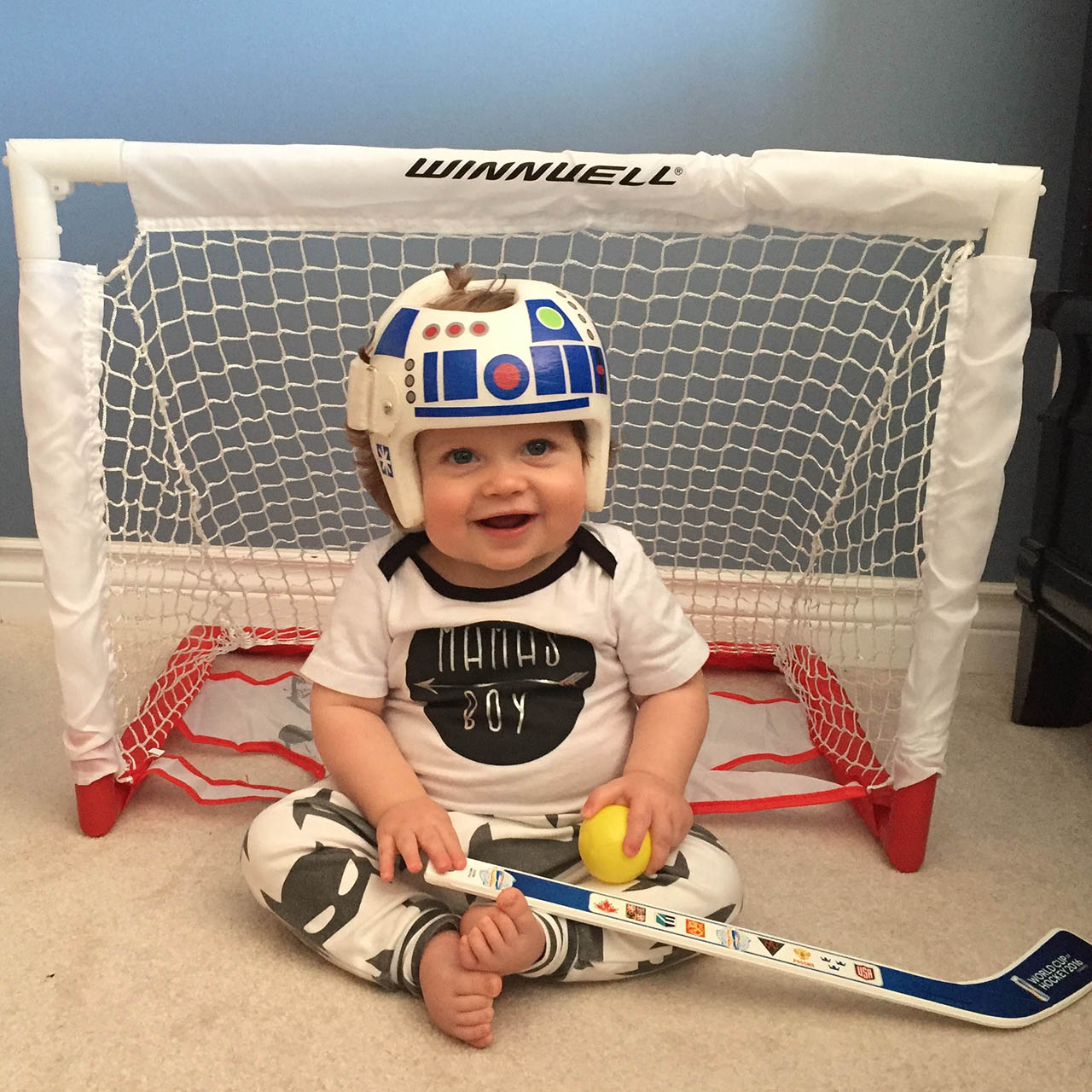Plagiocephaly may be an early indicator of developmental delay risk
Plagiocephaly has become an increasingly common diagnosis for infants. A study examines whether it could offer a clue about the child’s risk of developmental delay.

Orthomerica STARband
Marian Freedman, Jon Matthew Farber MD, Contemporary Pediatrics January 6, 2021
A study of a large, multistate primary care group of more than 77,000 children spanning multiple years found a significant association between positional skull deformity (plagiocephaly) and developmental delay. The retrospective analysis relied on electronic medical record data from 45 primary care sites during a 17-year period and included children aged 5 years or younger who were classified as having plagiocephaly if they were diagnosed by 12 months of age.
Of the 77,108 patients seen by 12 months, 2315 (3%) were diagnosed with plagiocephaly (median age of diagnosis, 3 months), with prevalence of the condition increasing over time from 0.1% in 2000 to a maximum of 6.2% in 2016. Patients with plagiocephaly were more likely than their peers to be male, white, have private insurance, have English as a primary language, and have a history of prematurity and abnormal tone and torticollis.
Almost 9% of total patients had a developmental delay diagnosis, with 17.5% of the plagiocephaly group having such a diagnosis compared with 8.7% in the group without plagiocephaly. Further, plagiocephaly was independently associated with increased odds for any developmental delay, even after controlling for sociodemographic and clinical factors.
As for specific delays, motor, language, social, and general delay—but not cognitive delay—were significantly more likely in the plagiocephaly group. In patients with both plagiocephaly and developmental delay, plagiocephaly generally was diagnosed before developmental delay, at a median age of 3 months and 15 months, respectively.
| Thoughts from Dr. Farber |
You may hear about this study from worried parents. I understand why plagiocephaly could be associated with motor delay, but it is harder to account for other delays. I also note that the percentage of children with diagnosed delays seems high. In any case, most children with plagiocephaly will be developmentally normal. Follow them carefully, but you can reassure parents that their child likely will be fine.
| Marian Freedman is a freelance writer. Jon Matthew Farber is a pediatrician in Woodbridge, Virginia. |
Source Contemporary Pediatrics
| References |
Association of Positional Plagiocephaly and Developmental Delay Within a Primary Care Network, Rohde, Jessica F. MD; Goyal, Neera K. MD, MSc; Slovin, Sara R. MD, MSPH; Hossain, Jobayer PhD; Pachter, Lee M. DO; Di Guglielmo, Matthew D. MD, PhD, J Dev Behav Pediatr. September 22, 2020. Published Ahead of Print. doi: 10.1097/DBP.0000000000000860
| Further reading |
Plagiocephaly and Developmental Delay: A Systematic Review, Martiniuk AL, Vujovich-Dunn C, Park M, Yu W, Lucas BR. J Dev Behav Pediatr. 2017 Jan;38(1):67-78. doi: 10.1097/DBP.0000000000000376
Cognitive Outcomes and Positional Plagiocephaly, Collett BR, Wallace ER, Kartin D, Cunningham ML, Speltz ML. Pediatrics. 2019 Feb;143(2):e20182373. doi: 10.1542/peds.2018-2373. Epub 2019 Jan 11. Full text
Development in toddlers with and without deformational plagiocephaly, Collett BR, Starr JR, Kartin D, Heike CL, Berg J, Cunningham ML, Speltz ML. Arch Pediatr Adolesc Med. 2011 Jul;165(7):653-8. doi: 10.1001/archpediatrics.2011.92. Full text
Neurodevelopmental delays in children with deformational plagiocephaly, Kordestani RK, Patel S, Bard DE, Gurwitch R, Panchal J. Plast Reconstr Surg. 2006 Jan;117(1):207-18; discussion 219-20. doi: 10.1097/01.prs.0000185604.15606.e5.
Neurodevelopmental implications of “deformational” plagiocephaly, Collett B, Breiger D, King D, Cunningham M, Speltz M. J Dev Behav Pediatr. 2005 Oct;26(5):379-89. doi: 10.1097/00004703-200510000-00008. Full text
